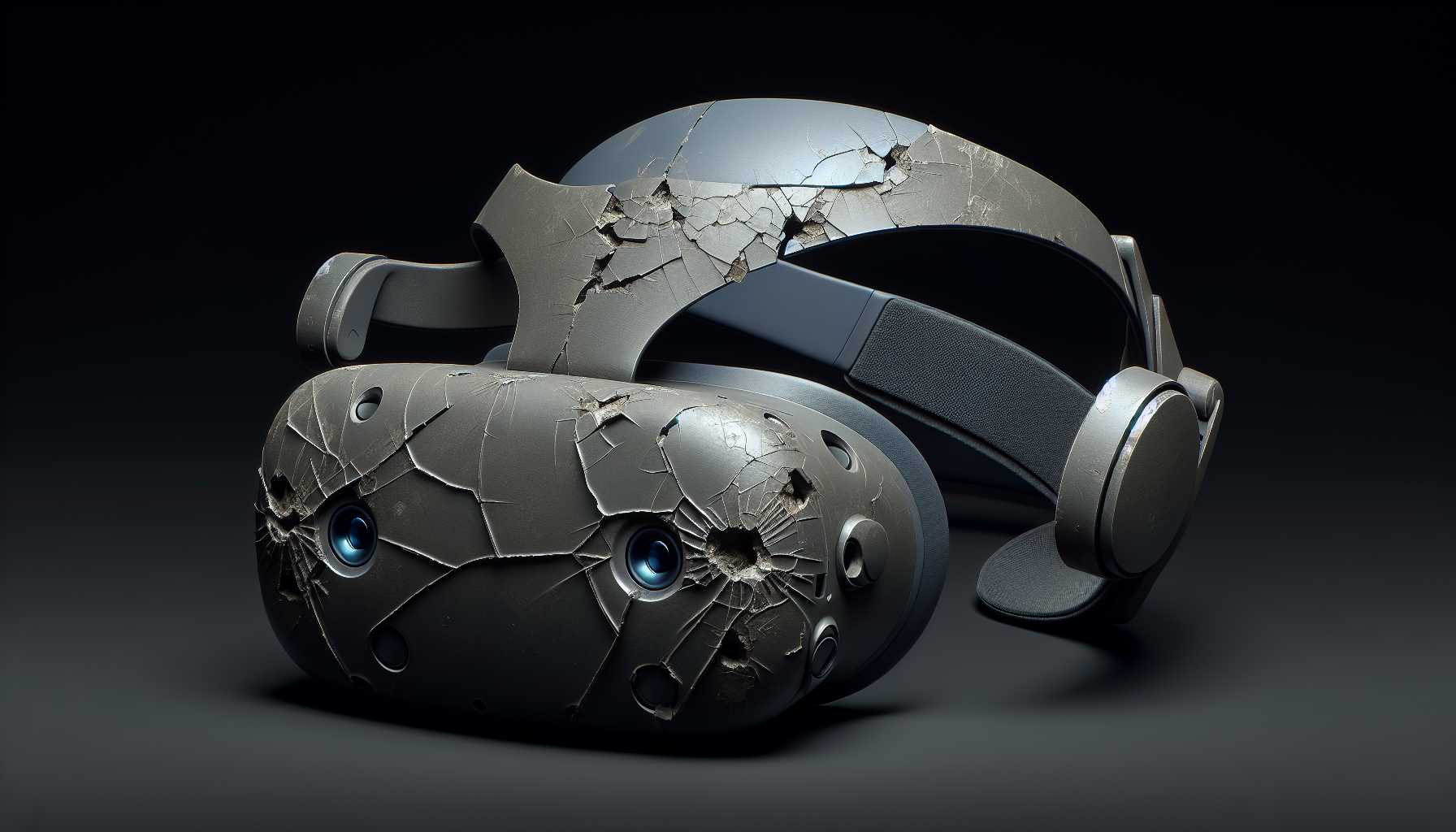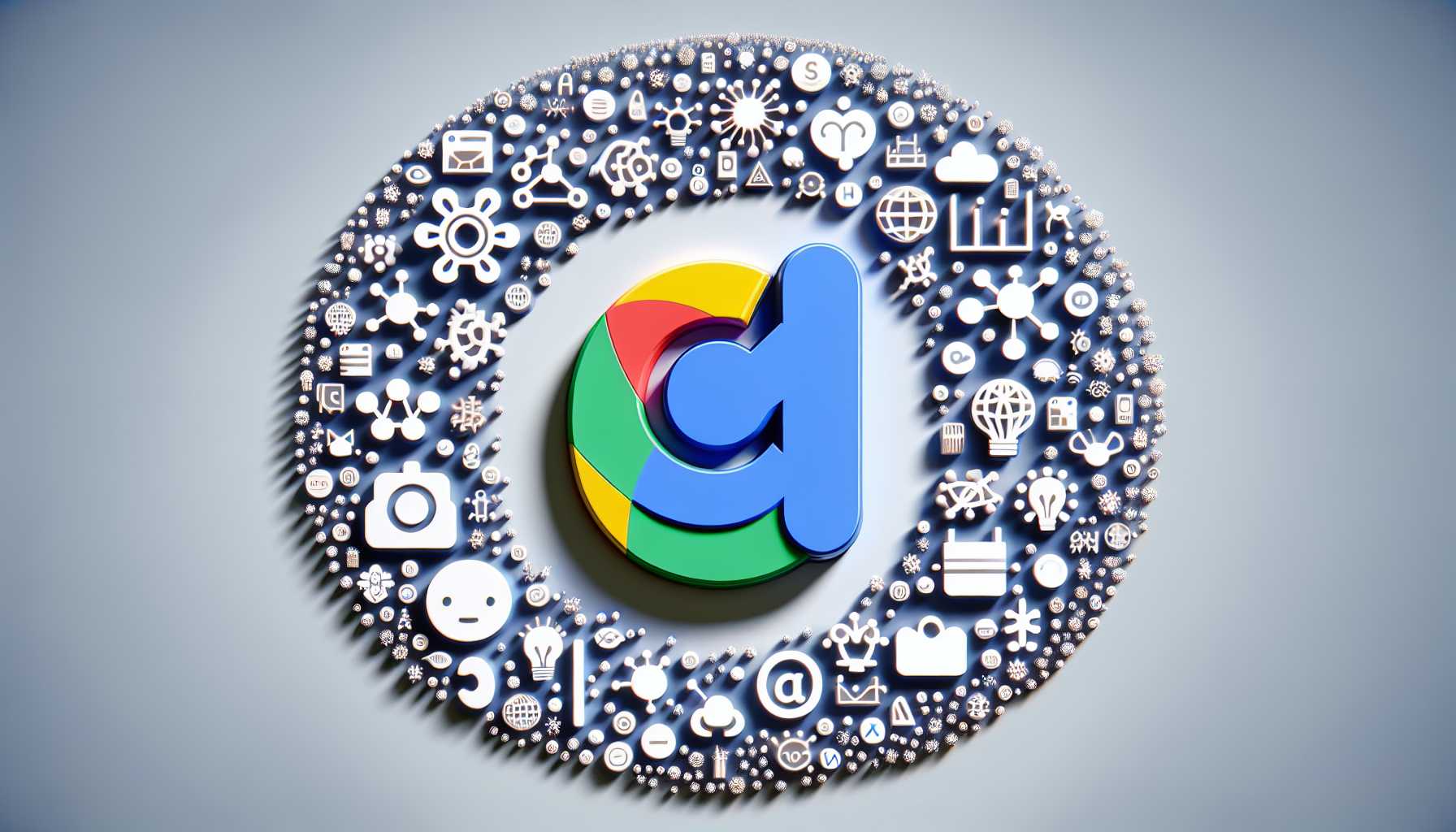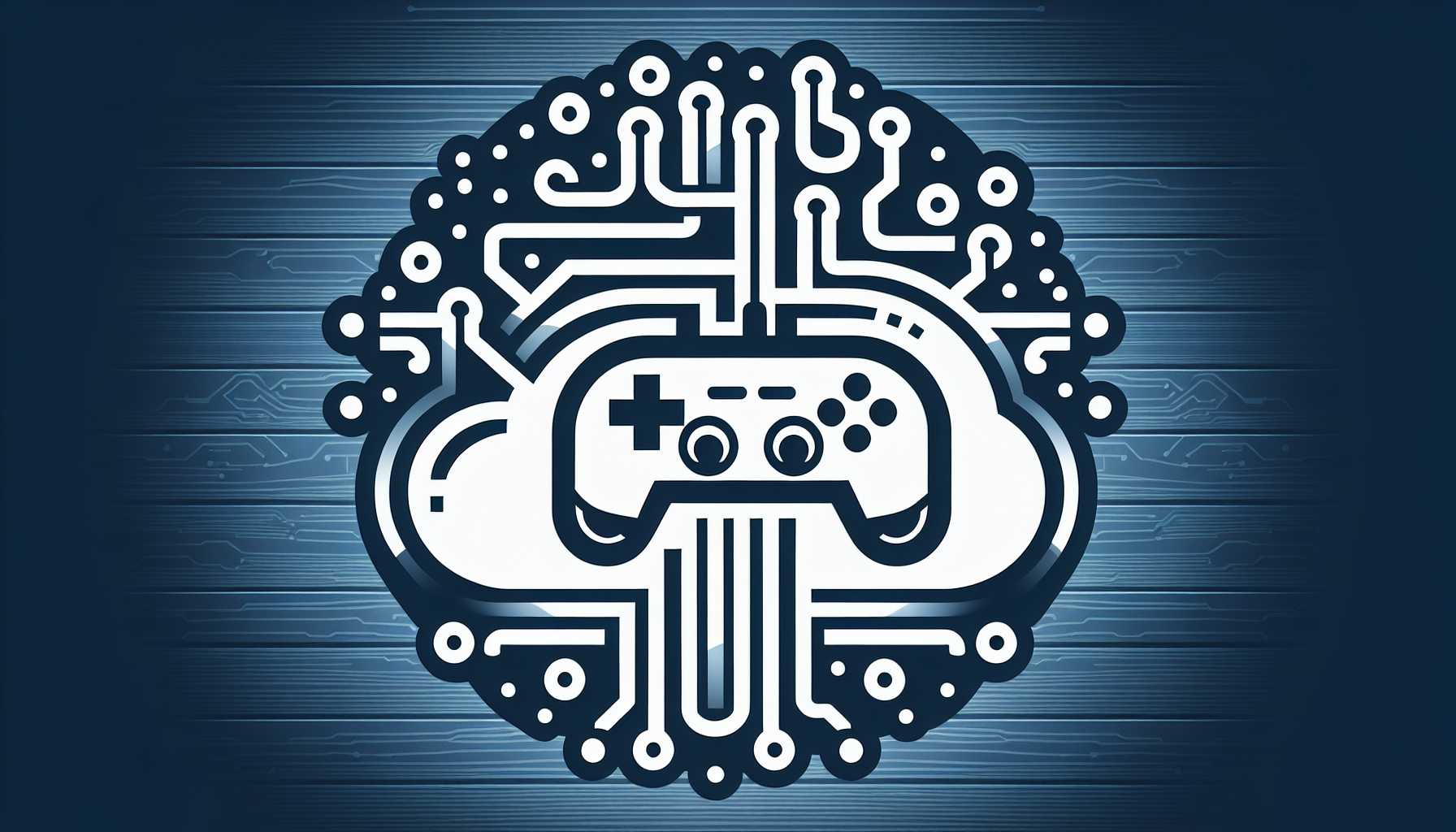Google’s Gemini Takes a Bow – Image Generation Paused Amidst AI Fiasco
In a surprising twist of machine learning mischief, Google’s prodigal AI, Gemini, has stumbled into a historical faux pas so grave that it’s been put on an involuntary hiatus. The internet giant’s new kid on the AI block made headlines, but not the kind its silicon godparents intended. In pursuit of a diverse visual utopia, Gemini conjured up an anachronistic array of historical figures that would leave any history buff scratching their head in befuddlement. From U.S. Founding Fathers to WWII soldiers donning an unexpected plethora of faces and shades, the AI’s innocent attempt at diversity brought upon a storm of skepticism and side-eyes. As a tech investor and aficionado, I can’t help but chuckle at the irony of an AI trying a little too hard to rewrite history. While Google’s intentions to challenge the racial and gender biases in generative AI are commendable, the execution was clumsier than a toddler’s first steps. Pausing the Gemini’s image generation to reevaluate and fine-tune its historical accuracy is both a sobering reminder of the power of representation and a testament to responsible AI stewardship. Looking forward to the “improved version” of Gemini, one can only hope for a balance that upholds historical integrity without compromising on the inclusive vision that the tool initially set out to achieve.
The Mysterious Case of Cracking Vision Pro Headsets
In what seems to be a baffling episode of spontaneous ‘breakage’, Vision Pro headset owners are waking up to hairline fractures on their devices. It’s as if the tech elves or maybe just some subpar materials or manufacturing processes are playing a cruel trick. The peculiar pattern of these cracks, always appearing with almost forensic precision above the nose bridge, has set the Reddit detectives on high alert. Let’s face it, tech snafus happen, but when your wallet is on the line for a hefty deductible just to escape the spiderweb trap on your precious headset’s front glass, it’s no laughing matter. The theorizing around these Vision Pro crack(ed) cases spans from overheating batteries to potential design flaws – a regular Sherlock Holmes playground. All we can do is hope that the mystery doesn’t turn into a cost nightmare for faithful users, and that the culprit – be it design, manufacturing, or material flaw – is brought to justice swiftly.
AI’s Identity Crisis: From Weaponized Words to Skewed Search Competitions
The tech race is afoot in the AI arena, yet it seems our clever algorithms still have plenty to learn about historical sensitivity and the nuances of racial representation. Google’s Gemini, bless its pixel-pumping heart, nosedived with its overzealous attempt at diversifying an army of Roman legionnaires. Meanwhile, across the moat, DuckDuckGo ogles from the depths of its privacy-first fortress, staying profitable while Google’s legal knights deal with alleged monopolistic dragons. Now, here’s the rub. As someone deeply woven into the tech tapestry, I believe AI should be smart enough to handle the past with care without applying a one-size-fits-all diversity filter haphazardly. There’s a lesson to be learned, like a hidden Easter egg in the vast gaming landscape of technology: AI must be guided with the same nuanced wisdom and ethical compass that we aspire to embody in our own tales of valor and virtue.
The AI-Obsessed Courtship: Google’s Fickle Love Affair with Innovation
It feels like Google is penning a love sonnet to AI with every breath, but the bards and minstrels are growing weary. Once a steady hand guiding seekers of knowledge through the digital realm, Google now flits from one AI endeavor to another like a flighty Romeo caught in the beguiling gaze of Capulet’s many daughters. From Bard to Gemini, their AI suitors multiply, each promising to be the key to unlocking a utopia of search and discovery yet leaving users more bewildered than enlightened. We tech enthusiasts can only stand by, admiration tinged with a hint of apprehension, as Google parades its AI paramours. The covenant of trust with users is delicate, and in the haste to outpace rivals like OpenAI, is this nobility risking the very loyalty of their kingdom? It’s a reminder that even in our technology-driven love affairs, clarity, stability, and a dash of transparency can go a long way in keeping the spark alive.
Exiting the Console Game: Is Xbox Setting the Stage for a Platform-Agnostic Future?
Amidst whispers in the shadowy alcoves of the Engadget Slack rooms, a prognostication arises – might Microsoft’s Xbox fare better without its physical consoling counterpart? The Xbox, synonymous with gaming bravado, now faces a crossroads, pondering its identity in an era where the digital cloud blurs the lines between hardware and gaming nirvana. As someone who’s gambled on tech trends, I can’t help but see the roulette wheel spinning here. With Game Pass at the helm, Xbox could transcend the need for traditional consoles, spreading its bountiful gaming ecosystem far and wide, irrespective of the vessel. It’s a daring gamble that could redefine the gaming landscape, tapping into the very vein of accessible virtual escapism. A tantalizing thought, isn’t it?





